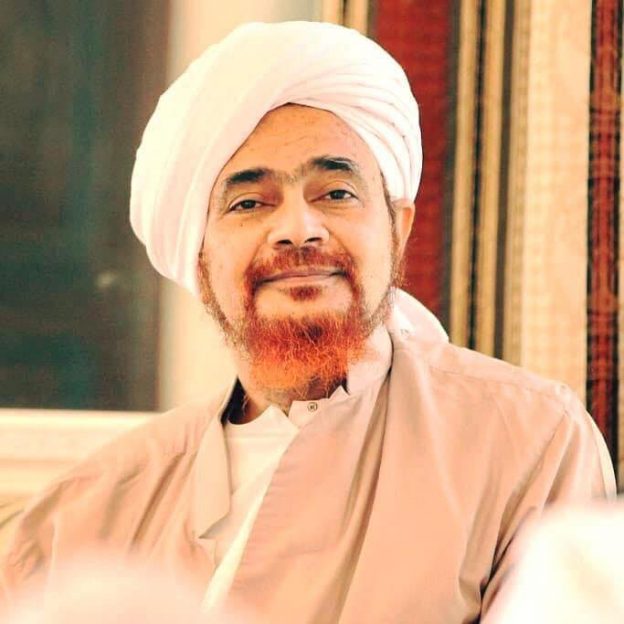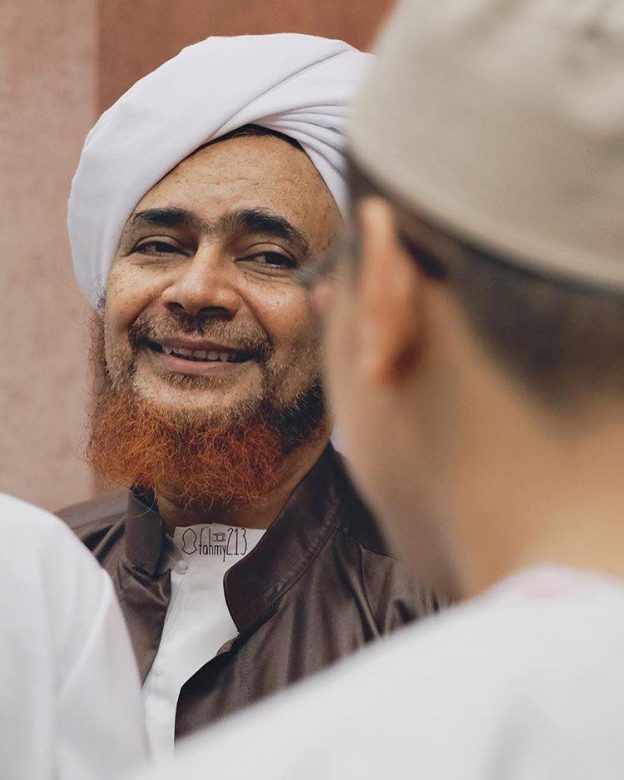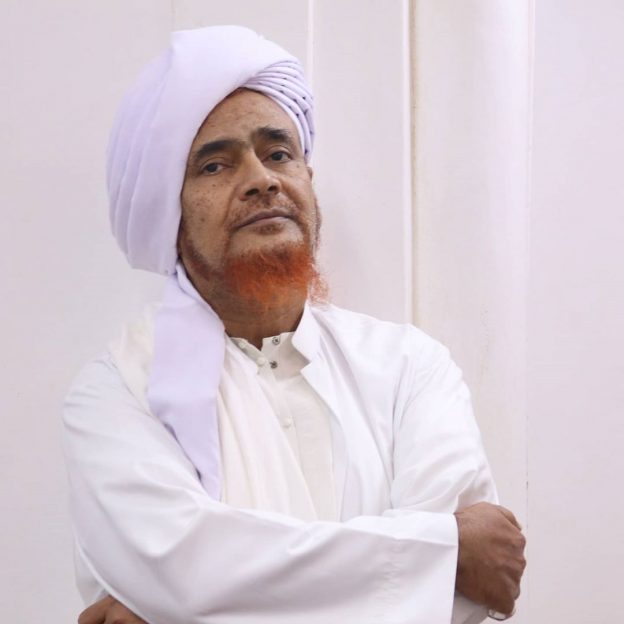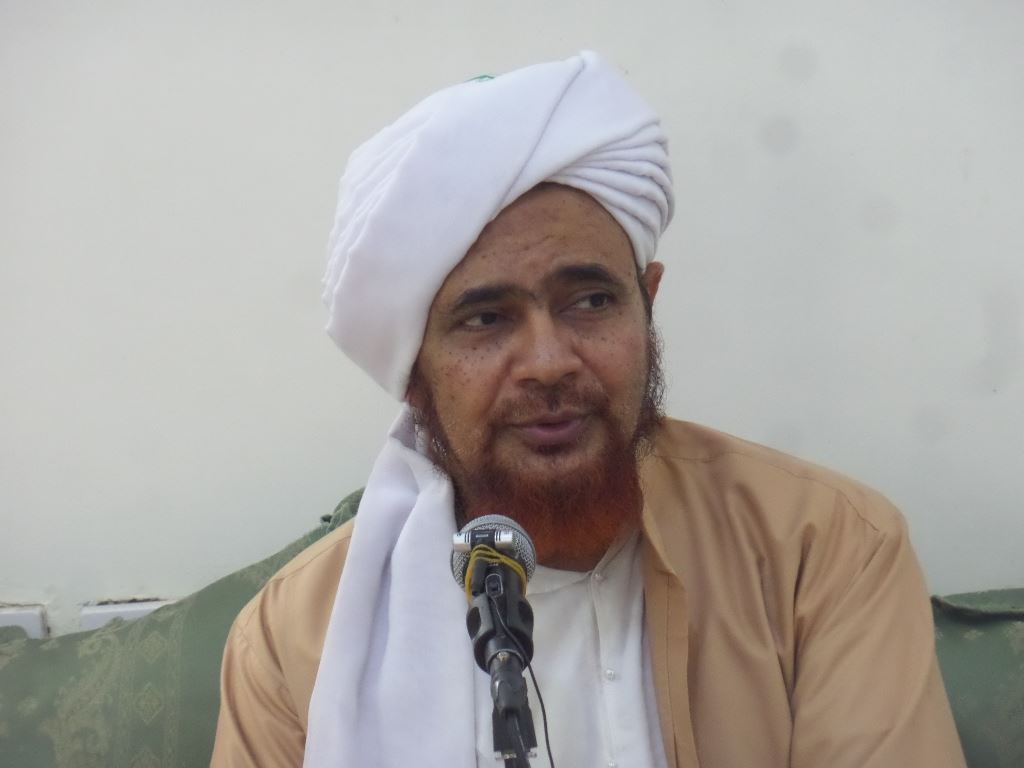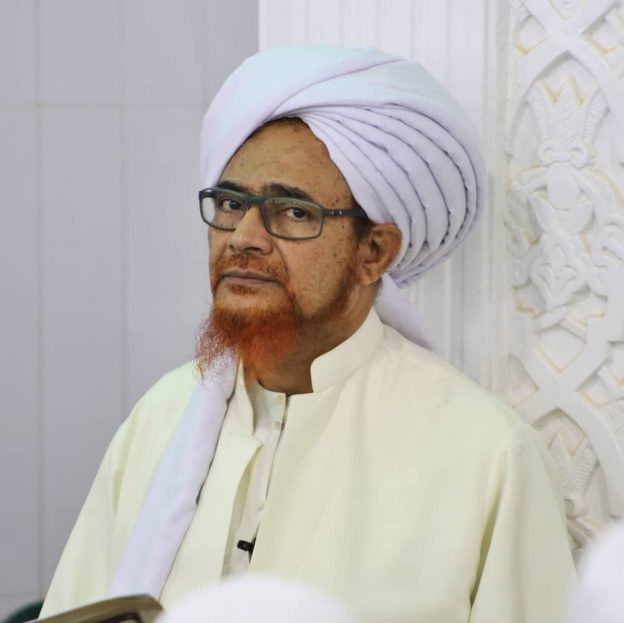Answered by Sayyidi Habib Umar bin Hafiz (may Allah protect him and benefit us by him)
Do we need permission to call people to Allah?
We have been given general permission by Allah and His Messenger ﷺ to call people to Allah. This is understood from the following hadiths: “Convey (the message) on my behalf even if it is only one verse”; “The one who calls people to guidance will have a reward like the reward of all those who follow him”; “Let the one present among you convey (the message) to those absent”; “May Allah illuminate the face of a person who hears my words and understands them and then conveys them to others exactly as he heard them.” Continue reading On Permission to Call People to Allah

